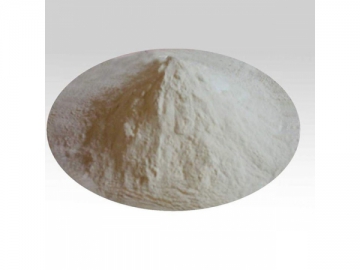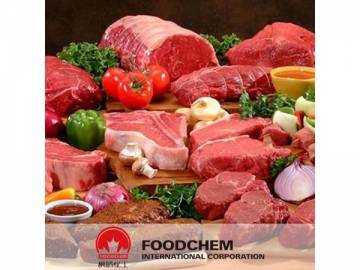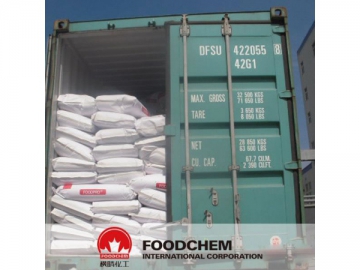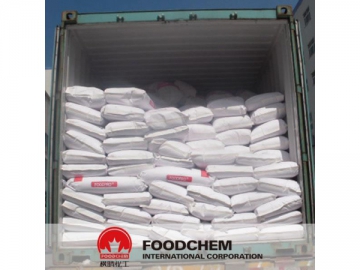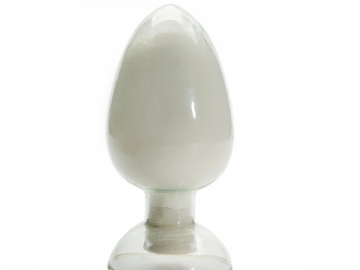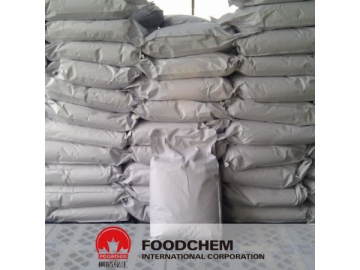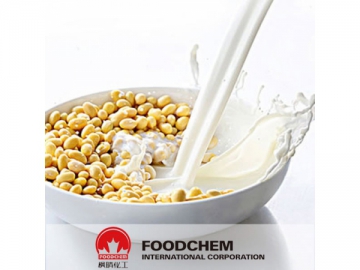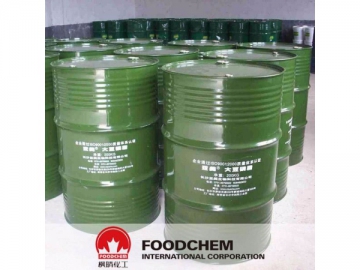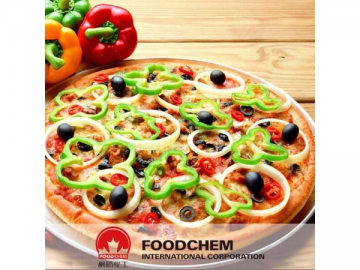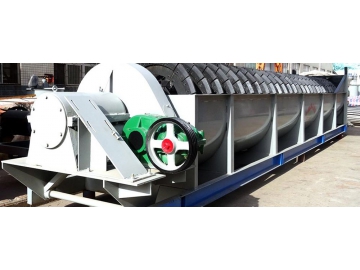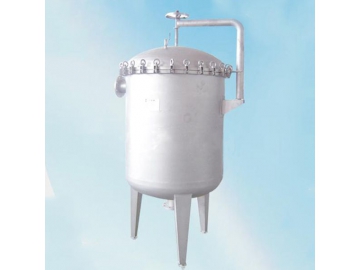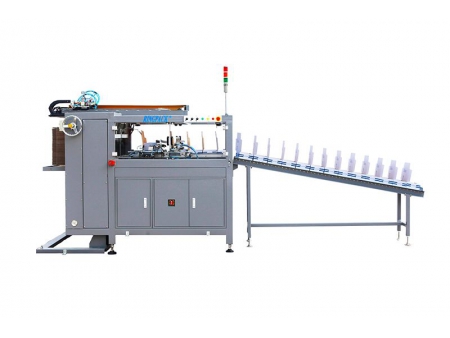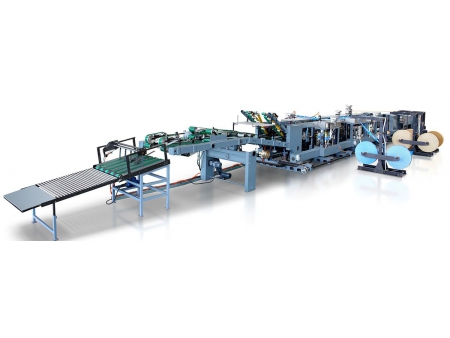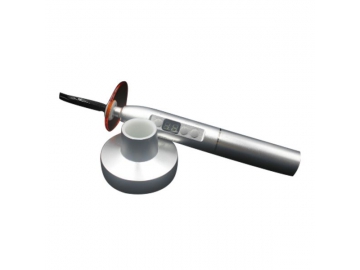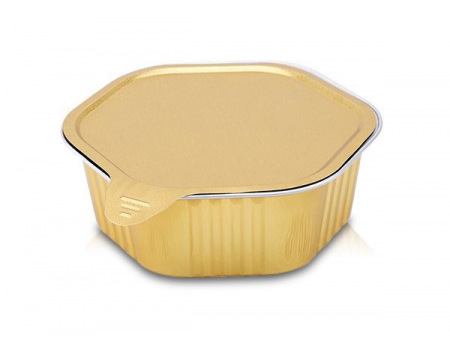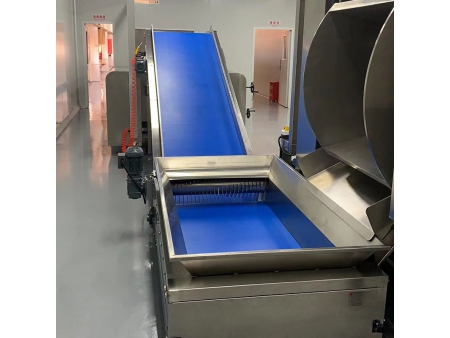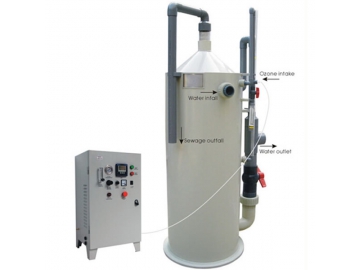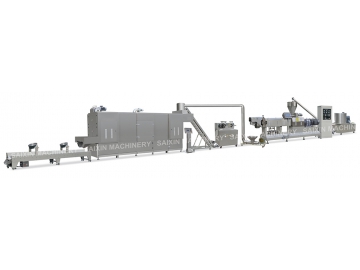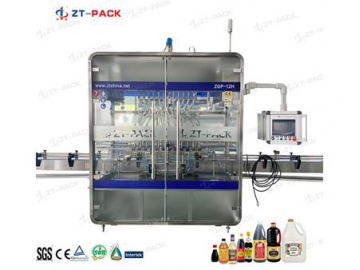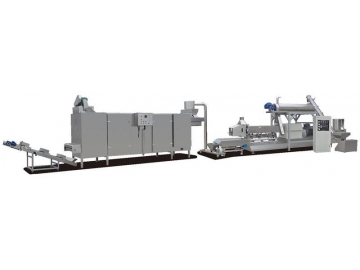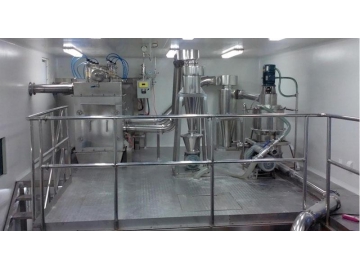Soy Protein Isolate
Soy Protein Isolated is one of the popular food additives and ingredients in most countries, As a professional Soy Protein Isolated supplier and manufacturer, Foodchem International Corporation has been supplying and exporting Soy Protein Isolated from China for almost 10 years, please be assured to buy Soy Protein Isolated at Foodchem. Any inquiries and problems please feel free to send emails to us via, we will reply you within 1 working day.
Type:Proteins
Qty in 20' FCL:13MT
Min. Order:500KG
QC:Haccp,Kosher,Halal,Iso
| ITEMS | STANDARD |
| Appearance | light yellow or creamy, powder or tine particle no forming lump |
| Taste, Flavor | with natural soybean flavor , no particular smell |
| Foreign Matte | There is not foreign matters to the naked eyes |
| Crude Protein (dry basis , N×6.25 ) >= % | 90 |
| Moisture =< % | 7.0 |
| Ash ( dry basis ) =< % | 6.5 |
| Pb mg/kg =< | 1.0 |
| As mg =< | 0.5 |
| Aflatoxin B1 , ug/kg =< | 5.0 |
| Aerobic Bacter count cfu/g =< | 30000 |
| Coliform Bacteria, MPN/100g =< | 30 |
| Pathogenic Bacteria(Salmonella 、 Shigella 、 Staphy lococcus Aureus) | NEGATIVE |
Soy Protein Isolated is a highly refined or purified form of soy protein with a minimum protein content of 90% on a moisture-free basis. It is made from defatted soy flour which has had most of the nonprotein components, fats and carbohydrates removed. Because of this, it has a neutral flavor and will cause less flatulence due to bacterial fermentation.
Soy isolates are mainly used to improve the texture of meat products, but are also used to increase protein content, to enhance moisture retention, and are used as an emulsifier. Flavor is affected,[citation needed] but whether it is an enhancement is subjective.
Soy protein is a protein that is isolated from soybean. It is made from dehulled, defatted soybean meal. Dehulled and defatted soybeans are processed into three kinds of high protein commercial products : soy flour, concentrates, and isolates. Soy protein isolate has been used since 1959 in foods for its functional properties. Recently, soy protein popularity has increased due to its use in health food products, and many countries allow health claims for foods rich in soy protein.
Soy protein is generally regarded as the storage protein held in discrete particles called protein bodies, which are estimated to contain at least 60–70% of the total soybean protein.[1] Upon germination of the soybean, the protein will be digested, and the released amino acids will be transported to locations of seedling growth. Legume Proteins, such as soy and pulses, belong to the globulin family of seed storage proteins called leguminins (11S globulin fraction) and vicilins (7S globulin), or in the case of soybeans, glycinin and beta-conglycinin.[1][2] Grains contain a third type of storage protein called gluten or "prolamines". Soybeans also contain biologically active or metabolic proteins, such as enzymes, trypsin inhibitors, hemagglutinins, and cysteine proteases very similar to papain. The soy cotyledon storage proteins, important for human nutrition, can be extracted most efficiently by water, water plus dilute alkali (pH 7–9), or aqueous solutions of sodium chloride (0.5–2 M) from dehulled and defatted soybeans that have undergone only a minimal heat treatment so the protein is close to being native or undenatured. Soy protein contains phytoestrogens, which bind to estrogen receptors in the body.

